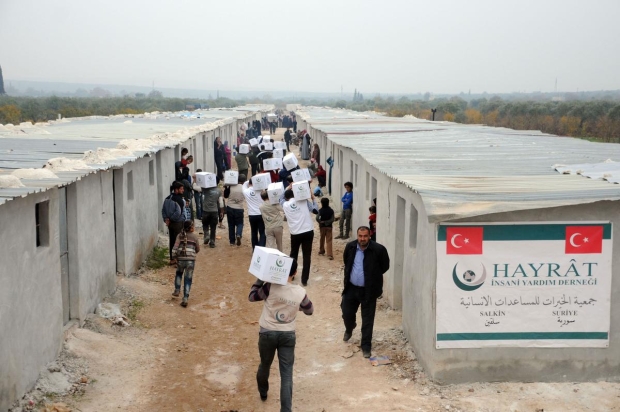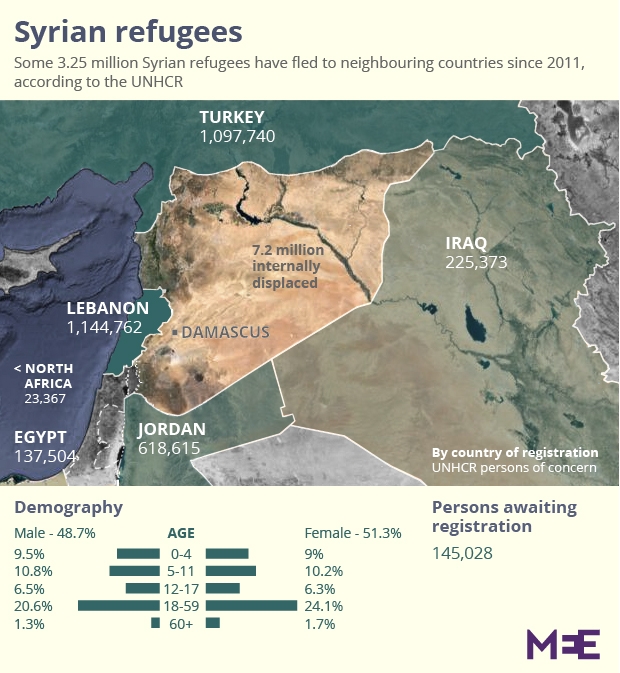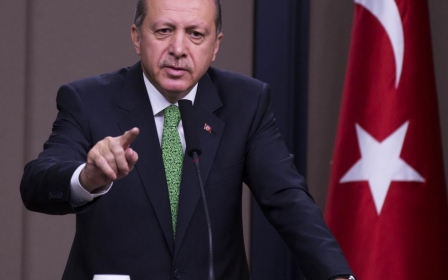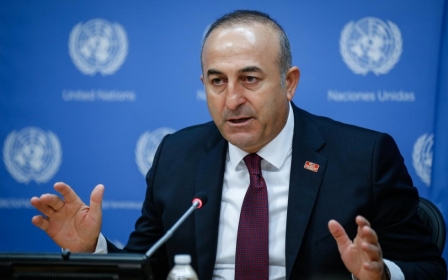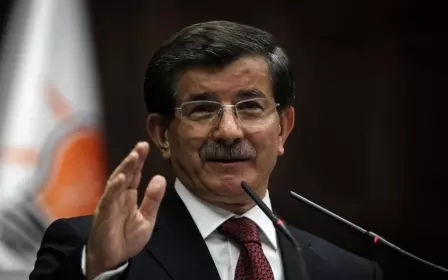US rules out Syria no-fly zone despite Turkish push
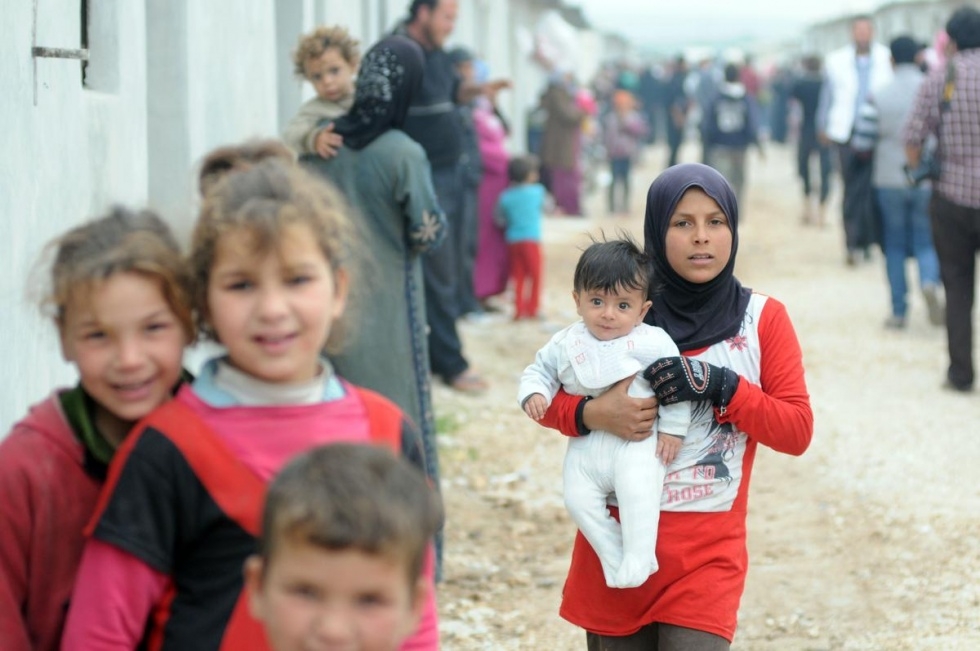
Washington ruled out Monday any imminent plans to create a no-fly zone along the Turkey-Syria border, brushing aside reports that US officials are in talks with Ankara about a refugee safe haven.
White House spokesman Josh Earnest told reporters the US was "open to discussing a range of options with the Turks" but that a no-fly zone over Syria was not on the table "at this point."
Turkey, which is currently hosting more than 1.3 million refugees, has been pushing for a buffer zone inside Syria to shelter refugees from the three-way fight between Syrian President Bashar al-Assad's forces, rebels and Islamic State militants.
But Ankara, which has seen fighting on its southern frontier, has so far failed to persuade its NATO ally Washington, despite US jets already hitting IS targets inside Syria, to put its might behind the plan.
Since the civil war erupted in Syria in early 2011 there have been repeated calls for a no-fly zone to protect refugees.
Former top US diplomat Hillary Clinton was apparently in favour of creating such a zone, but President Barack Obama has consistently ruled it out, concerned that Washington would be drawn deeper into the conflict.
This weekend US media reports suggested Washington's stance is shifting after a visit to Turkey last month by Vice President Joe Biden, but Earnest insisted this was not the case.
"We’ve made pretty clear on a number of occasions that while we’re open to discussing a range of options with the Turks... we do not believe that a specific no-fly zone proposal at this point would best serve the interests that we’ve all identified in terms of trying to resolve the situation in Syria," Earnest said.
The Wall Street Journal reported that as part of a proposed deal between the US and Turkey, a protected "safe zone" along the border would be set up that would be off-limits to Assad's aircraft.
Narrower than a formal no-fly zone, it would not need any air-strikes. Instead the US would quietly warn the Assad government to stay away, the Journal said.
In exchange US and coalition aircraft would use Turkey's Incirlik base as well as others to patrol the zone to make sure that rebels operating on the Turkey-Syria border do not come under attack.
Bloomberg news claimed that the US envoy leading the anti-IS coalition, Gen. John Allen, negotiated an "air-exclusion zone" inside Syria along the Turkish border that would be protected against IS and Assad forces.
State Department spokeswoman Jen Psaki said Washington continued to review a number of options including a no-fly zone, but insisted such discussions were "ongoing."
"We continue to have differences" with Turkey, Psaki told reporters, stressing "we haven’t made a decision about a specific course of implementation, we're just continuing to have a discussion with Turkey."
Pentagon spokesman, Colonel Steve Warren, said, "Right now, we don’t believe a buffer zone is the best way to relieve the humanitarian crisis there in northern Syria."
Another Pentagon spokeswoman Lt. Col. Vanessa Hillman, told The Anadolu Agency that the US has discussed a no-fly zone and associated buffer zones with Turkish government.
"Nothing is ever off the table when it comes to our frank conversations with Turkish friends, and we will continue those conversations to determine if there is a version of this proposal that advances our shared objectives," Hillman said.
But she said, currently there is no decision on any form of a no-fly zone.
Middle East Eye propose une couverture et une analyse indépendantes et incomparables du Moyen-Orient, de l’Afrique du Nord et d’autres régions du monde. Pour en savoir plus sur la reprise de ce contenu et les frais qui s’appliquent, veuillez remplir ce formulaire [en anglais]. Pour en savoir plus sur MEE, cliquez ici [en anglais].


